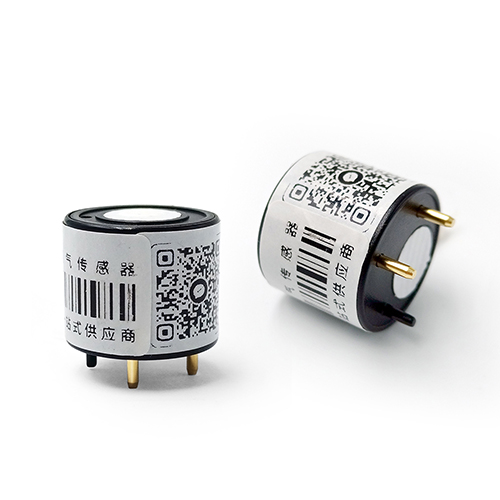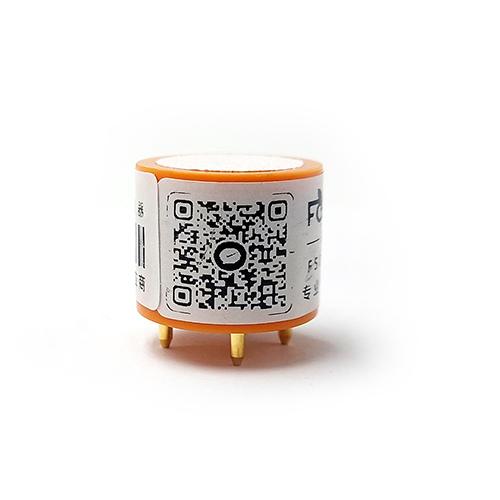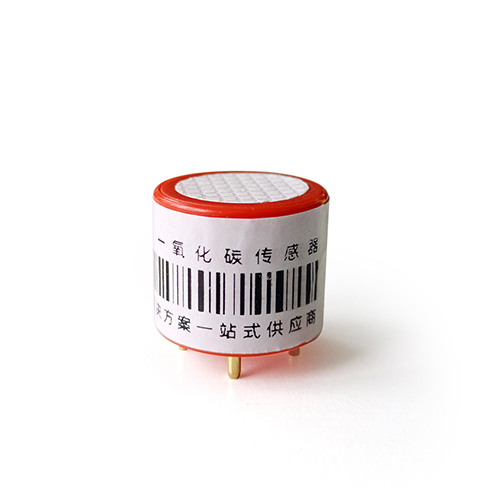Electrochemical gas sensor advantages and disadvantages
Electrochemical gas sensor is a sensor based on electrochemical principles, which can detect the concentration of gas and give a corresponding signal. Fosensor produces a variety of Electrochemical gas sensor models, which are widely used in industrial production, environmental protection, medical diagnosis and other fields. This article will explore Electrochemical gas sensor advantages and disadvantages.
Why use Electrochemical gas sensor?
Safety is especially important if you work in an industry that uses toxic gases or dangerous chemicals. The need to detect, measure and inform people about potential hazards is critical. Despite the proliferation of advanced tools for identifying hazardous chemicals and gases, one of the most widely used sensors is still the electrochemical sensor. Electrochemical sensors have become an integral part of tissue leak detection databases because they can scan large areas, such as factory floors and confined Spaces.
Electrochemical gas sensor advantages and disadvantages
Advantage
1.High sensitivity
Electrochemical gas sensors have high sensitivity and can detect very small changes in gas concentration. Under standard conditions, electrochemical gas sensors can detect changes in gas concentration of 0.1%.
2.High reliability
Electrochemical gas sensors have high reliability. They usually use solid-state sensors, which have good anti-interference performance and are not easily affected by the surrounding environment.
3.Good long-term stability
Electrochemical gas sensors can maintain good stability during long-term use.
4.Versatility
Electrochemical gas sensors are versatile. They can detect multiple gases and can be integrated with other sensors for more comprehensive detection.
5.Lower cost
Electrochemical gas sensors are relatively low cost because they usually employ simple structures and processes.
Shortcoming
1.Limited life span
These sensors can be very reliable and accurate, but usually need to be replaced regularly. On average, electrochemical sensors need to be replaced every two to three years to remain as effective as possible. Extreme temperatures and low humidity dry out the electrodes in the device, shortening its service life. Fortunately, they are a relatively inexpensive replacement device.
2.Super sensitive
While most electrochemical sensors perform well under harsh operating conditions, they are extremely sensitive to temperature fluctuations. If the temperature changes dramatically between high and low, the sensor may produce a false alarm. This wobble may require resetting the sensor’s calibration Settings. This is why this type of meter is best suited for areas where the temperature is likely to remain within a limited range.
3.False alarms
Electrochemical sensors are sensitive to interfering gases, which can cause the meter to emit a false alarm. Substance specific electrochemical sensors are designed to detect and measure only specific gases. But in some cases, if other gases are present, the sensor will give an incorrect reading. As you can imagine, this can cause serious problems in any work environment. If the sensor gives a false warning, the building or surrounding area must be completely evacuated. Work will be suspended until security personnel deem it safe to return.








